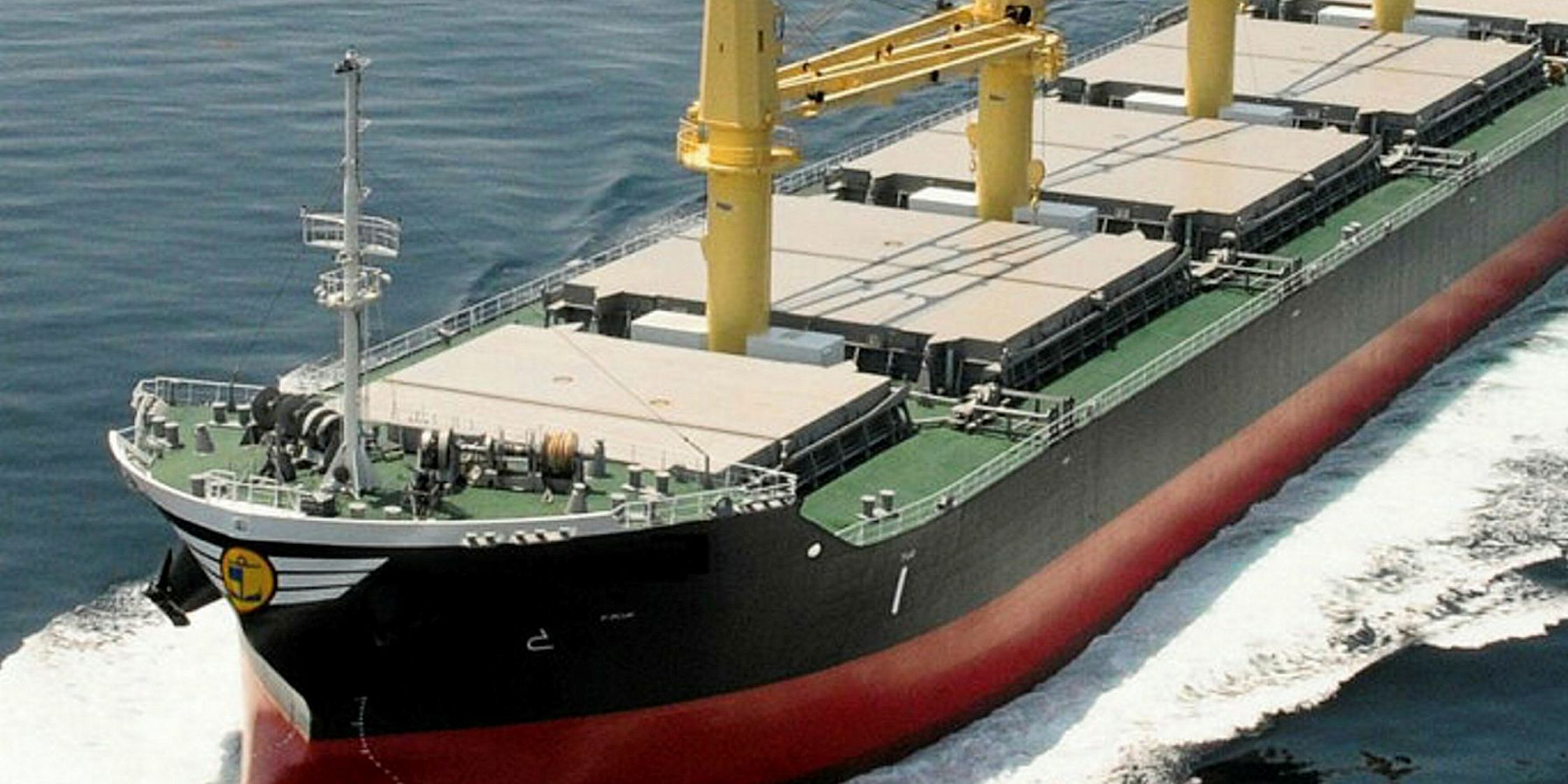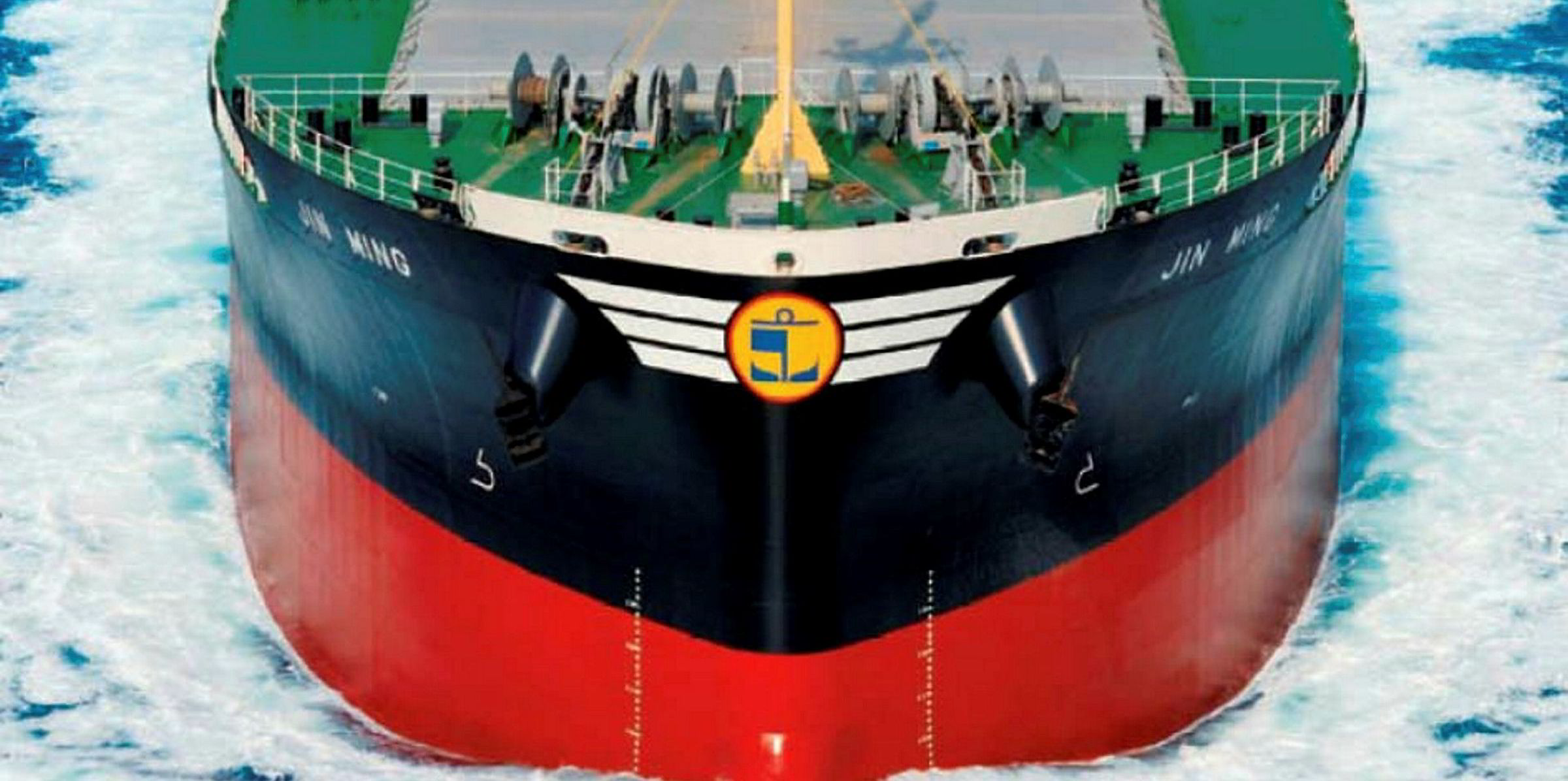Oslo-listed supramax specialist Jinhui Shipping & Transportation turned a small profit in the fourth quarter of 2019 on a stronger top line from hire rates.
Jinhui recorded a profit of $5.6m, or $0.05 per share, reversing a loss of $3.1m, or $0.03 per share, for the corresponding quarter of 2018.
A better market made the difference. Jinhui’s fleet, currently at 18 units, recorded average time charter equivalent (TCE) rates of $11,419 per day versus $9,815 in the same period of 2018. That drove revenue to $19.8m, an annual increase of 12%.
Jinhui nonetheless called the fourth-quarter environment “challenging,” noting that the Baltic Dry Index (BDI) swung from 1,823 at the beginning of October to a peak of 1,929 and then closed at 1,090.
Expenses for the quarter saw a slight drop to $9.4m from $9.6m, with daily running costs down to $4,467 from $4,537.
For the full year, Jinhui did not fare as well as in 2018. Its net profit of $4.5m, or $0.04 per share, trailed the $8.7m, or $0.08 per share, recorded a year earlier. The latter was bloated by a $5.4m gain from sale of vessels.
Revenue declined by 17% to $63.2m from $76.1m as daily TCE fell 4% to $9,533 from $9,922.
Looking into 2020, Jinhui management noted the dramatic effects the coronavirus outbreak have had on the freight market.
“Events as such that cause global public health concern is keeping all market participants of all industries worldwide on their toes. This negative backdrop translated to much reduced activity in the dry bulk freight market given the sudden erosion in business confidence,” Jinhui reported.
“We will continue to monitor the development of the Covid-19 outbreak very closely to assess its impact to our business, and will keep all shareholders informed timely and accordingly.”
Jinhui operates 16 supramax bulkers and two post-panamax vessels.






